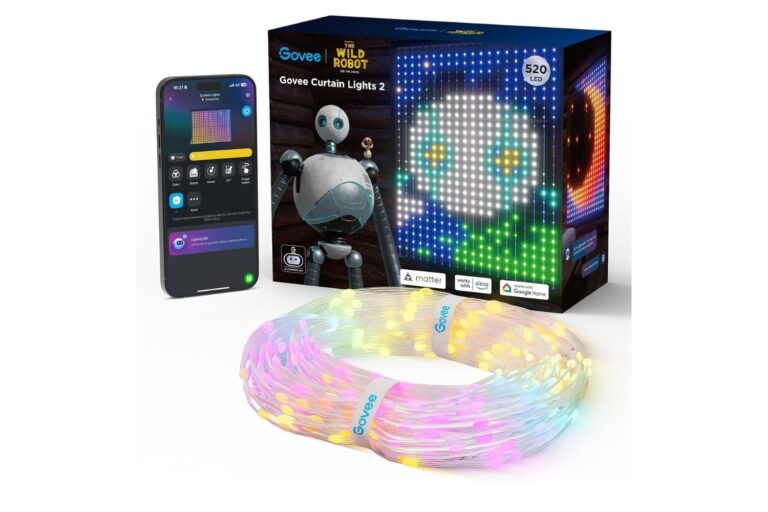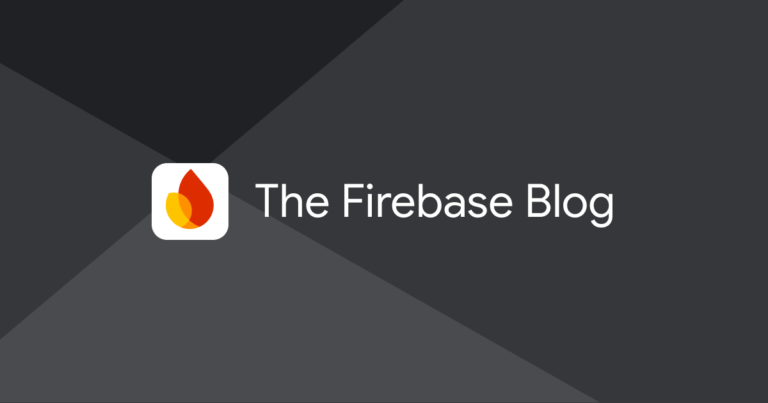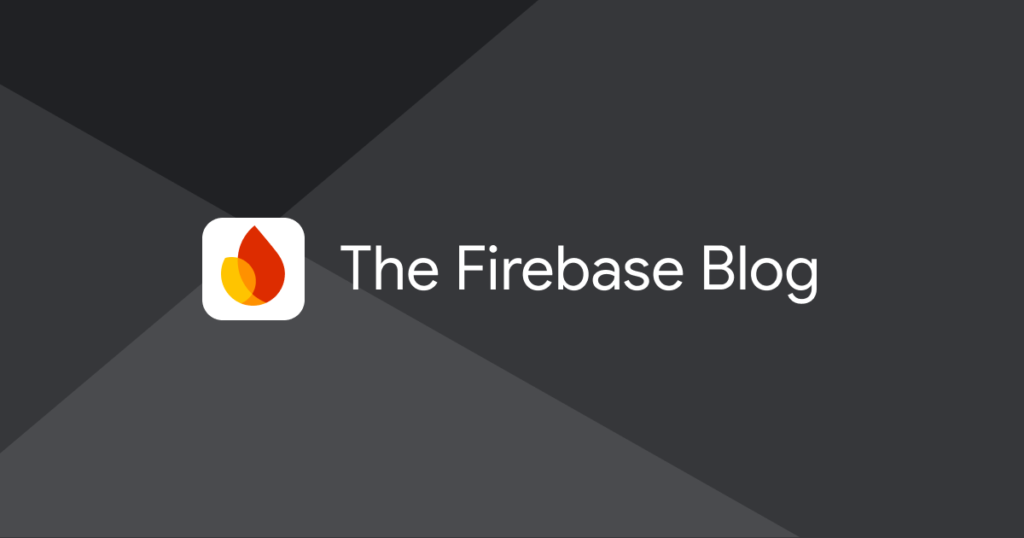
March 23, 2020
Thank you for reading this post, don't forget to subscribe!Hello, game developers!
Well, this has certainly been a challenging couple of months. We had been looking forward to meeting you in person last week at the Game Developers Conference, sharing some updates, and hearing directly from all of you. But, obviously, plans change, and we’re committed to doing whatever it takes to keep everybody safe. Even if it means recording session videos from our kid’s bedroom and hoping the cat doesn’t wander into the scene.
Still, our teams have been working hard to ensure you have all the tools and resources you need to build great games. This year at our digital Google for Games Developer Summit (which you can find here if you missed it), we announced some new features that will help you spend less time on infrastructure work, and more time on making your game fun and unique. Let’s take a look at some of these now, shall we?
Cloud Firestore for game developers in open alpha
Cloud Firestore is our next generation, scalable NoSQL database in the cloud. It offers features that database aficionados love, like multi-region reliability (for five 9s of uptime), atomic transactions, robust offline support, and realtime listeners that let you build some really great gameplay experiences. And we’re happy to announce that alpha versions of our SDKs are now available for C++ and Unity developers.
Cloud Firestore can be used in many different situations. You could use it to simply save your users’ game state to the cloud. Or save a shared game state to be viewed by several different clients in a multiplayer game. Use it to post daily challenges or user-generated content that can be easily queried and viewed by millions of clients. Or build a sophisticated caching layer on top of your existing game server, so you can share your latest gameplay data from your role-playing game or collectible card game with millions of clients, without having to worry about them hitting your server directly.
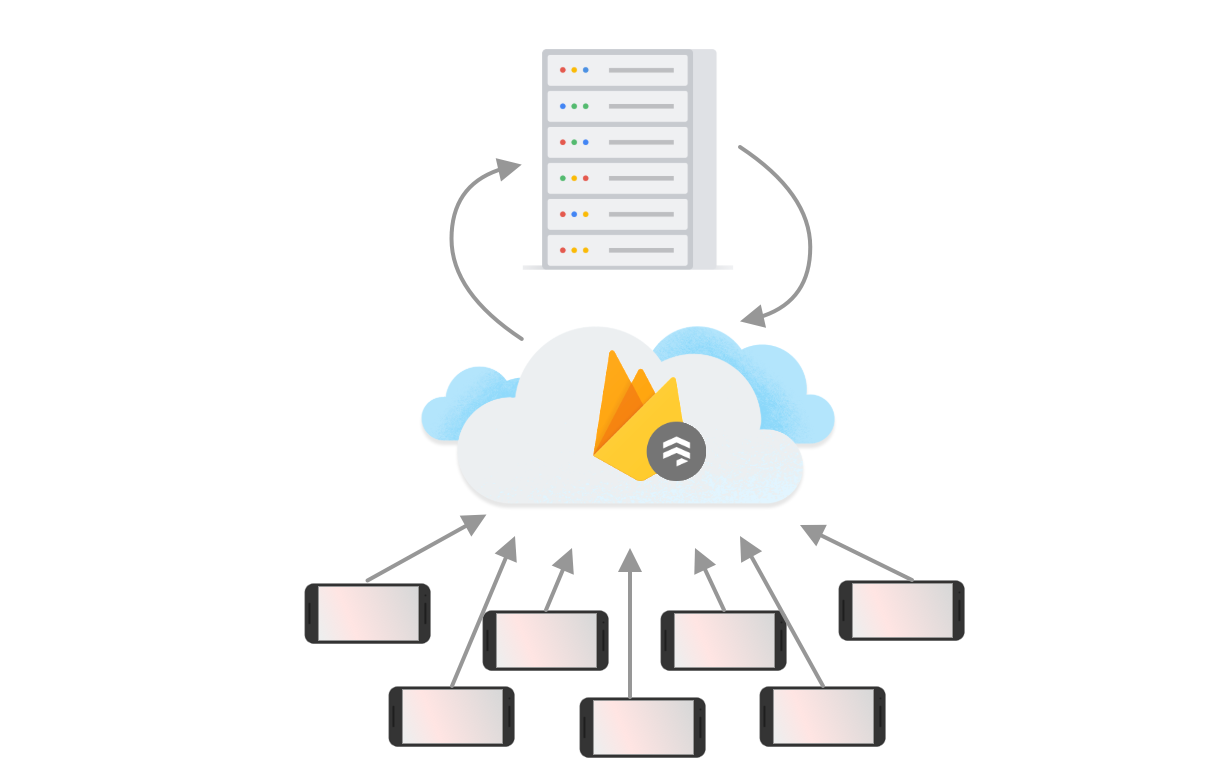
Cloud Firestore for C++/Unity is open for anybody to download and use as an open alpha release. This alpha tag means it still has some rough edges here and there. Specifically, the Unity version of the SDK is missing some of the more advanced querying features. And there’s a good chance the API will change in the coming months, which means you’ll need to change your method names in the future. But we wanted to give you a chance to try it out, see what cool stuff you can build, and let us know how we can make it better.
And none of this is to say that the Realtime Database is going away — it’s still a great option for many situations. In fact, the Google Doodle team just used it to power the Loteria Google Doodle that ran on the Google homepage in December. But if you’re a game developer who’s been pining away for all the great new features that Cloud Firestore has available, you can stop all that pining and start building.
Improved package management in Unity
The Firebase Unity SDKs are now compatible with the Unity Package Manager. This means that in supported versions of Unity, Firebase will be easier to keep up to date and the Firebase plugin will no longer have to be mixed in with the rest of your game’s assets. The process of doing this is automated with an open source tool that used to be known as the Play Services Resolver, but is now known as the External Dependency Manager for Unity, or what we’ve been calling “EDM4U” around the office.
Note, of course, that using these tools are completely optional. We know that many of you prefer having manual control over all of your libraries, and if you want to keep managing them yourselves, you’re more than welcome.
New Analytics reports
Our friends over at Google Analytics have built a number of new reports that will be of interest to game developers, business analysts, or anybody who wants to grow a successful gaming business.
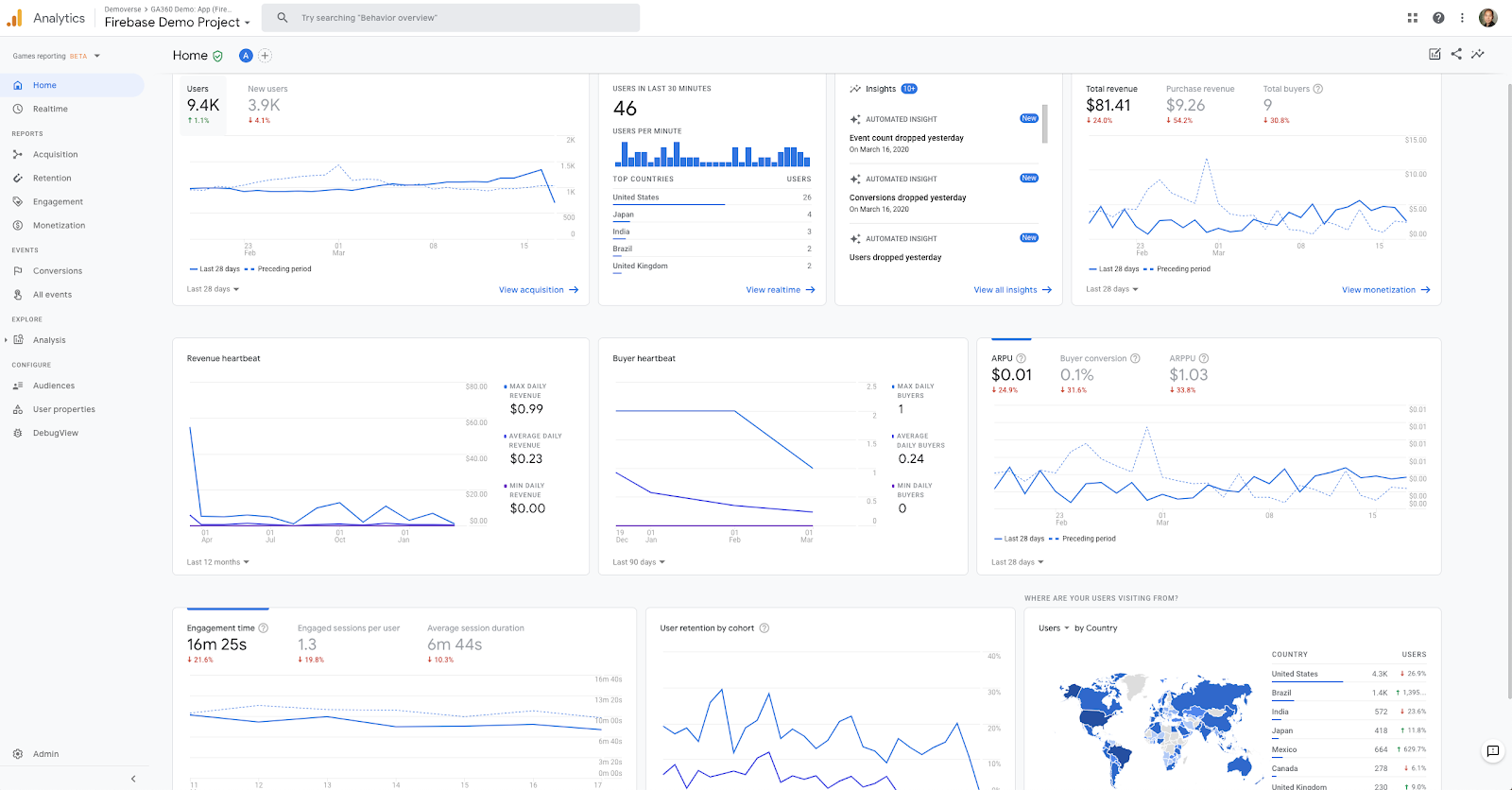
They’ve added new dashboards centered around user acquisition, retention, user engagement, and monetization, along with some new reports and visualizations that you’ve been asking for, like First-time Buyers, Revenue Heartbeat, User Engagement (in game days), and trending DAU / MAU (a good measure of “stickiness”).
These new reports are available for all Firebase developers if you’ve linked your Firebase project to a GA account. You’ll just need to head on over to the Google Analytics console to see these reports in detail. For more information, be sure to read the Games reporting article in the Analytics help center.
New landing page, too!
And what better way to celebrate some new launches than with an updated product page on the Firebase website? Head on over to the new Firebase for Games product page to get a better idea of everything Firebase has to offer to the game developer community.
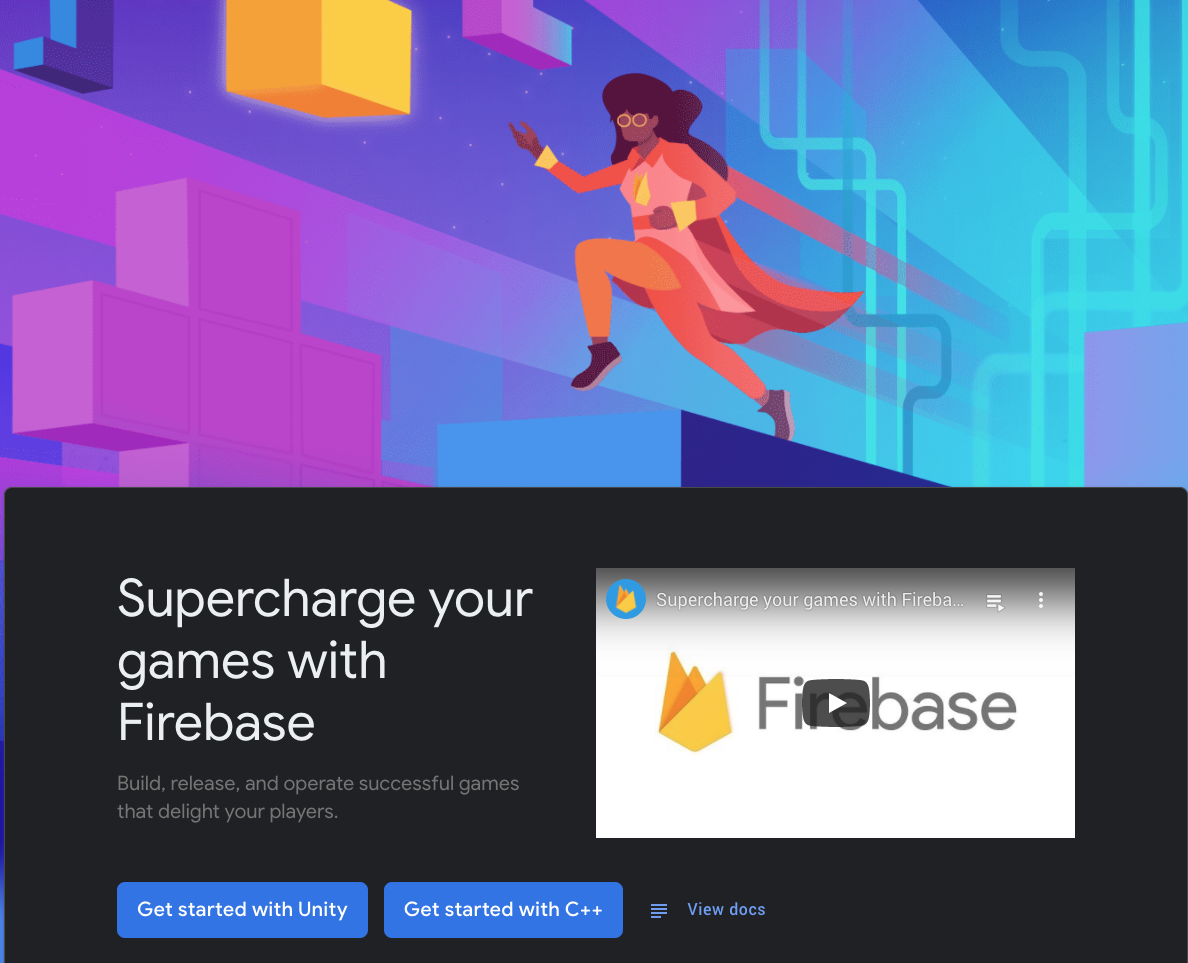
While we are disappointed that we couldn’t spend last week seeing you all in person, we hope that what we’ve been able to share as part of the online summit has made you a little more interested in adding Firebase into your next new game. We have some documentation and videos to help get you started, and can’t wait to see what you build next!
Stay safe, everyone!
2020-03-23 00:00:00

